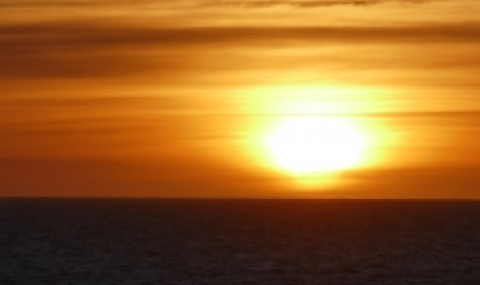Coastal Aquifers
About half of the world population lives in coastal regions and relies in part on groundwater from coastal aquifers. Given the risk of seawater intrusion due to sea level rise and excess pumping, and given the expected shortages in water resources due to population growth and climate changes, it is of cardinal importance to understand mechanisms of groundwater flow in coastal aquifers, including flow rates, and to develop new methodologies to study salt water flow. Studying coastal aquifers is important for practical purposes such as water management, and scientific purposes such as determining ocean elemental budgets through water–rock–ocean interaction.




